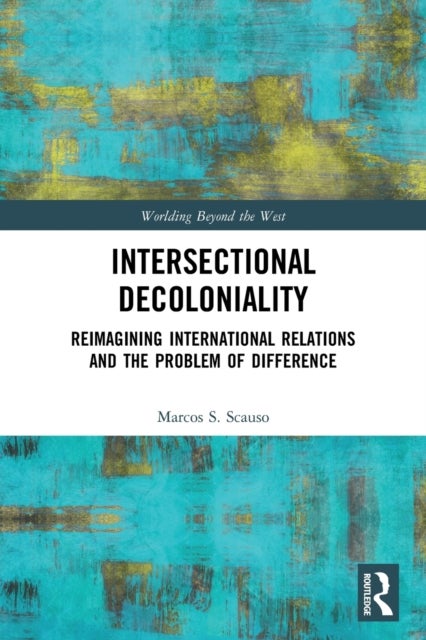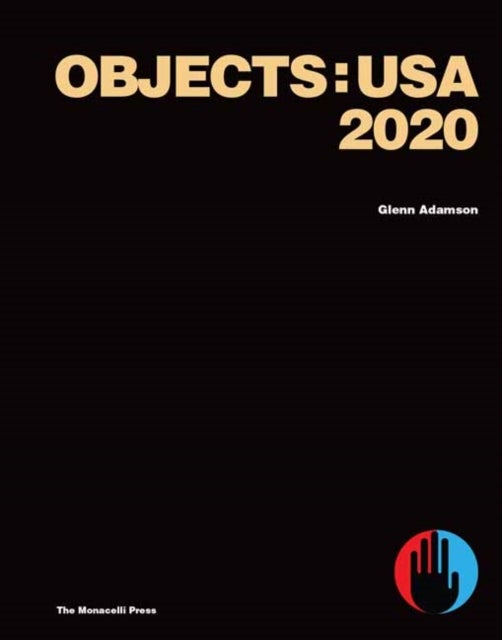
Intersectional Decoloniality av Marcos S. (Quinnipiac University USA) Scauso
499,-
<P>This book assesses diverse ways to think about ¿others¿ while also emphasizing the advantages of decolonial intersectionality. <BR><BR>The author analyzes a number of struggles that emerge among Andean indigenous intellectuals, governmental projects, and International Relations scholars from the Global North. From different perspectives, actors propose and promote diverse ways to deal with ¿others¿. By focusing on the epistemic assumptions and the marginalizing effects that emerge from these constructions, the author separates four ways to think about difference, and analyzes their implications. The genealogical journey linking the chapters in this book not only examines the specificities of Bolivian discussions, but also connects this geo-historical focal point with the rest of the world, other positions concerning the problem of difference, and the broader implications of thinking about respect, action, and coexistence. To achieve this goal, the author emphasizes the potential imp








